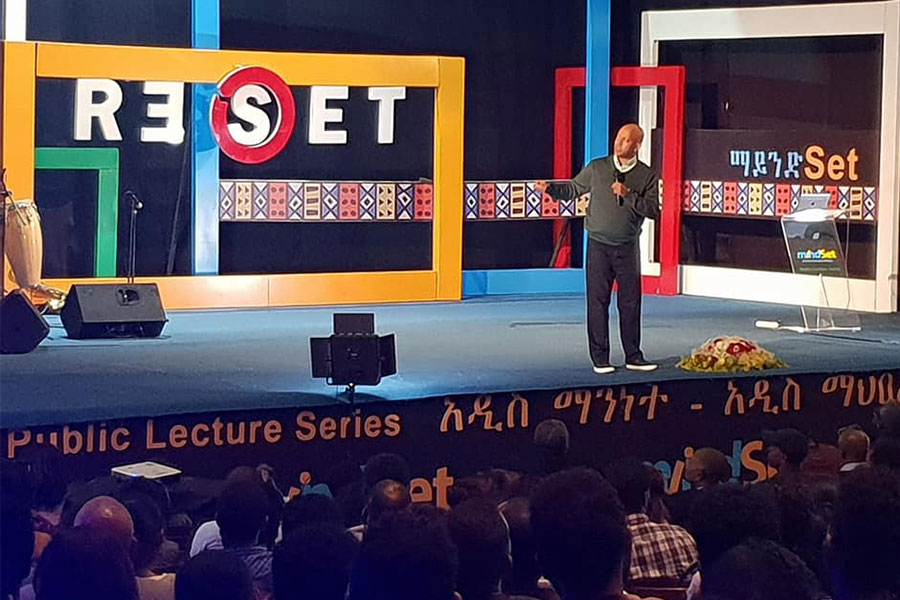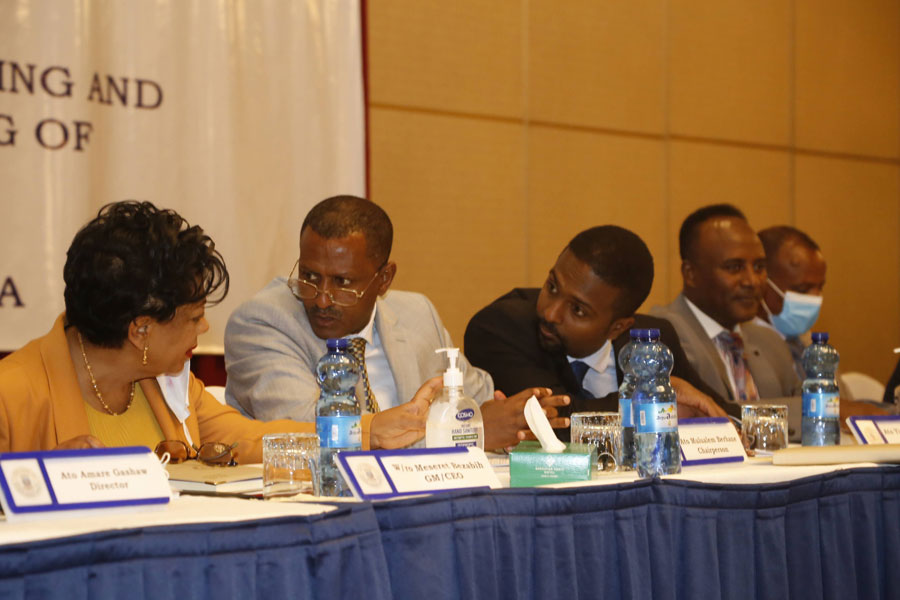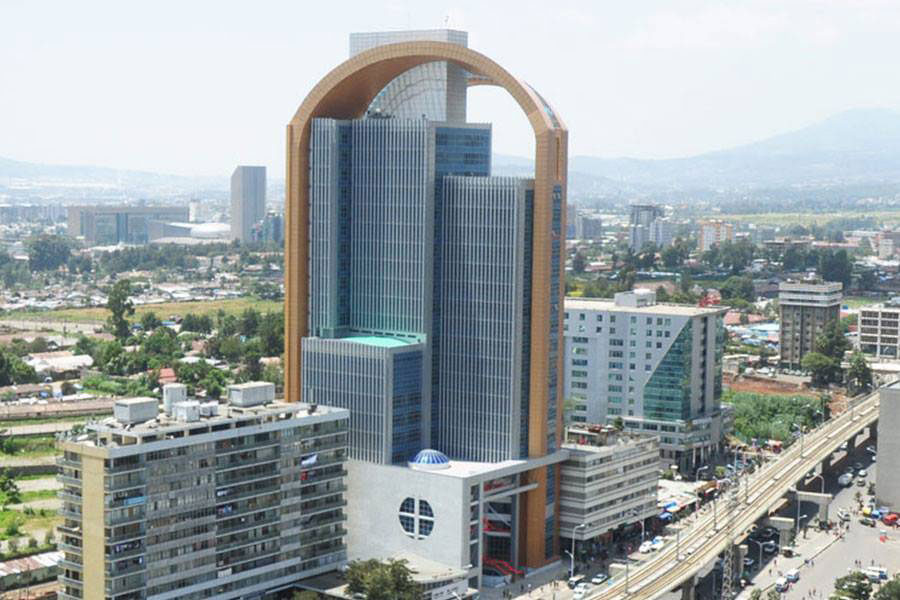
Commentaries | Sep 02,2023
Drivers on the Addis Abeba-Adama expressway will see fees go up entering toll gates.
A survey conducted three months ago on road maintenance costs led Ethiopian Toll Roads Enterprise (ETRE) executives to revise the tariff. Under Ethiopian Investment Holdings, the Enterprise approved the changes in toll fees two weeks ago, doubling the price to 90 Br.
Public transport drivers are on edge about the increased fees; they have complained and petitioned service providers.
One of the public transport drivers is Brook Abraham, 32, a father of five. He operates a red Toyota van that can transport 15 passengers. Safety protocols applied on highways made him carry 14 passengers. A passenger pays close to 80 Br.
Brook takes a daily route on the Addis-Adama road four times, paying 45 Br for each trip. It will now cost him up to 360 Br.
"The fee has become a headache," Brook told Fortune. "It needs to be reconsidered."
Mihiretu Shawol, 36, operates the same model. He is among the drivers who requested the fee to be reviewed.
"We need to raise our tariff or be permitted to add one more passenger," said Mihiretu.
Beri Drivers Association is one of the 10 lobby groups operating in Adama (Nazareth), comprising nearly 220 members. The leader, Yared Yehualashet, is not informed about the complaints.
"I didn't receive any letter," said Yared.
In January this year, the Council of Ministers approved a regulation to lift fuel subsidies for privately-owned vehicles progressively within a year, beginning in July. Public transport vehicles would see the subsidies reduced by 10pc bi-annually over five years. Federal authorities' promises that public transport vehicles would continue to enjoy subsidies much slower than other drivers have yet to materialise.
Over 900 registered public transport providers - with "Code-3" licenses - transport passengers on the expressway through five routes.
Getachew Abebe, director of transport supply for Oromia Transport Bureau, a management that sets tariffs for public transport service providers, disclosed that the Enterprise is mandated to take decisions on expressways.
"There will be no tariff adjustments on transportation," said Getachew. "They are benefiting from the fuel subsidies."
The Enterprise manages the Addis-Adama, Addis-Hawassa and Dire Dawa-Dewele expressways. The Enterprise's executives say that the fee revision was needed for road maintenance.
"The tariff is insignificant compared to the service we provide," said Zahara Mohammed, communications officer.
The Addis Abeba-Adama expressway serves over 30,000 vehicles, including passengers, trucks, and automobiles, handling the highest daily traffic. It connects the capital to Dukem, Bishoftu, Mojo, Adama and Wonji towns. The second phase of the construction, the Adama-Awash expressway, is yet to be completed.
"We must generate revenues to keep the durability of the roads," said Zahara.
Distances were shortened after the expressway opened for traffic nine years ago as fuel consumption and traffic accidents declined. It takes an average of 40 minutes to travel to Adama, while the older route takes over one and a half hours.
However, passengers preferred the old route for the lack of refreshments and rest areas on the expressway. The Enterprise is building facilities, such as gas stations, cafes, and refreshment spots unavailable before, to offer convenience and enhance customer satisfaction.
"We're planning on more improvements," said Zahara.
PUBLISHED ON
Nov 12,2022 [ VOL
23 , NO
1176]

Commentaries | Sep 02,2023

Sunday with Eden | Nov 23,2024

Radar | Feb 16,2019

Radar | Feb 25,2023

View From Arada | Nov 07,2020

Radar | Jul 13,2024

Featured | Jan 08,2019

Fortune News | Nov 20,2021

Fortune News | Nov 30,2019

Agenda | Oct 30,2021

Dec 22 , 2024 . By TIZITA SHEWAFERAW
Charged with transforming colossal state-owned enterprises into modern and competitiv...

Aug 18 , 2024 . By AKSAH ITALO
Although predictable Yonas Zerihun's job in the ride-hailing service is not immune to...

Jul 28 , 2024 . By TIZITA SHEWAFERAW
Unhabitual, perhaps too many, Samuel Gebreyohannes, 38, used to occasionally enjoy a couple of beers at breakfast. However, he recently swit...

Jul 13 , 2024 . By AKSAH ITALO
Investors who rely on tractors, trucks, and field vehicles for commuting, transporting commodities, and f...

Jul 5 , 2025
Six years ago, Ethiopia was the darling of international liberal commentators. A year...

Jun 28 , 2025
Meseret Damtie, the assertive auditor general, has never been shy about naming names...

Jun 21 , 2025
A well-worn adage says, “Budget is not destiny, but it is direction.” Examining t...

Jun 14 , 2025
Yet again, the Horn of Africa is bracing for trouble. A region already frayed by wars...